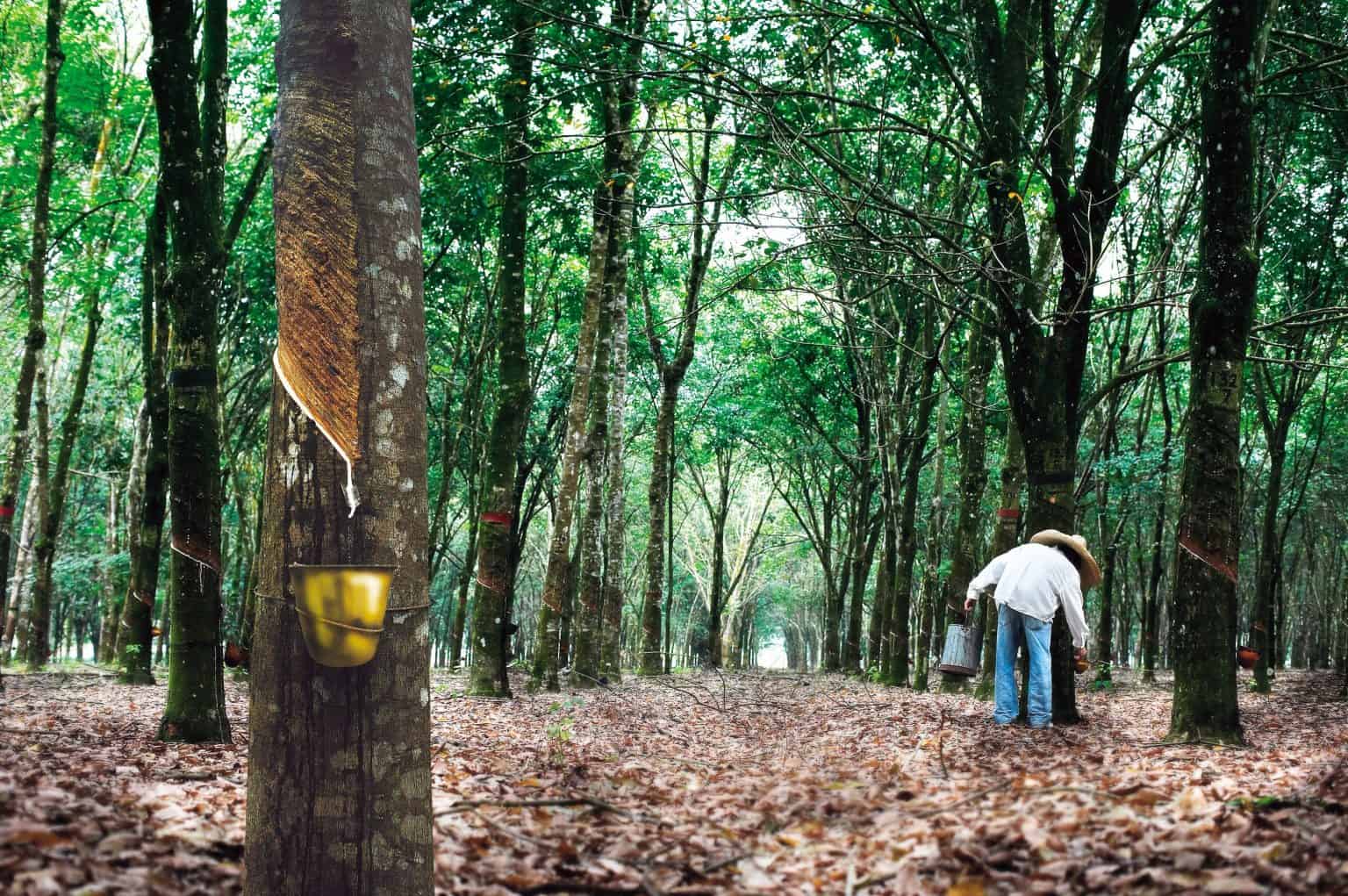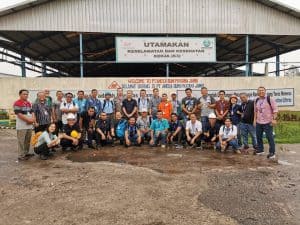Smallholders account for 85% of world rubber production. To come up with sustainable rubber production solutions, it is crucial for GPSNR to include the voice of rubber smallholders into our governance model. Realizing the challenges in language and cultural differences, the power game between different players in the rubber value chain, the perception of and by smallholders, the working group has decided to organize regional workshops. The 5 workshops to be held in Thailand, Indonesia, Vietnam, Africa (TBC) and Latin America (TBC) will be tailor made to ensure that smallholders can play a meaningful role within GPSNR. A combination of smallholders, smallholder organizations, smallholder representation working group members (reflecting the mix of the group members) and, where possible, a representative of the GPSNR Strategy & Objectives Working Group will come together to join those regional workshops. Main aim of the workshop is to be a 2-way communication platform for conducting research, with the farmer’s needs at the center.
The primary objectives of the workshops will be to:
- Understand the local needs and motivations of the smallholder farmers;
- Understand and recommend solutions to the barriers for smallholders and their representative organizations to join and actively participate in the GPSNR;
- Observe and explain the interaction and chemistry between farmers and representative organizations.
Translation and moderation will be available to ensure a smooth communication.
Those first 5 workshops are to be held between October and November 2019 and possibly extended to other regions in a second step.
If you are a rubber smallholder or an organization that represents rubber smallholders, promoting the interests of rubber smallholders, having a mission/vision that aligns with GPSNR’s 12 principles, believing in a bottom-up approach as a solution to solve the issues, please feel free to contact the GPSNR Secretariat. For more information, contact kobrat@gpsnr.org.






